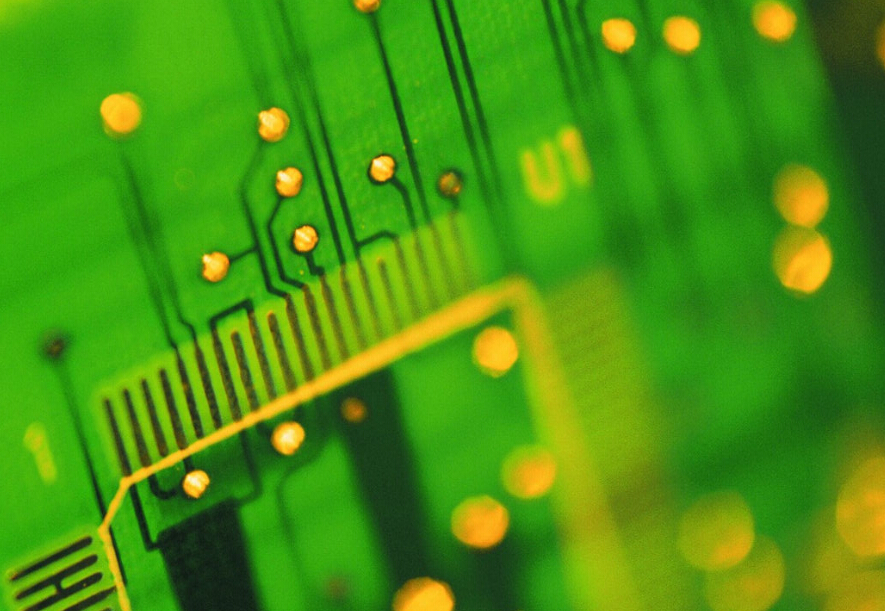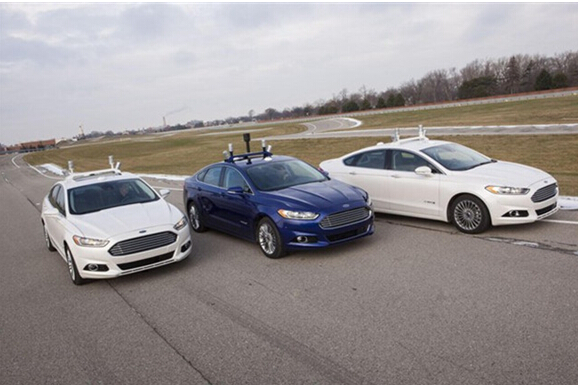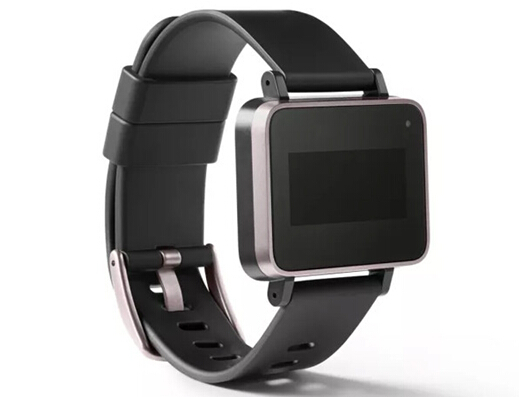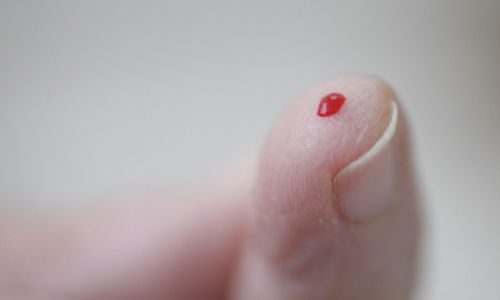Today's core language
According to foreign media reports, Ford executives said on Tuesday that the company will develop driverless car technology in the next few years. At present, Ford has fallen behind in the competition for driverless technology. General Motors, Volkswagen Audi, Mercedes-Benz and Tesla all announced plans to provide semi-automatic driving systems in the next 18 months. For more information on technology, please pay attention to the daily electronic core morning newspaper.

First, automotive electronics
1. Lexus develops a prototype of a suspension skateboard. Flying a car is not a dream. On the morning of June 25th, Toyota's luxury brand Lexus is developing a suspension skateboard that can be used in practice, but this skateboard will not be sold. Information on the Lexus website shows that the skateboard uses liquid nitrogen cooled superconductors and magnets. This technology is relatively mature in Japan. A Japanese railway company used magnetic levitation trains last year to set a world record for high-speed trains. Toyota said a year ago that the company wanted to apply the technology to cars. “This is confidential information, but our state-of-the-art R&D department has been researching flying cars.†Hiroyoshi Yoshiki, general manager of Toyota Technology Management Group, said at an event held at Bloomberg in June 2014 that “the flying car can be slightly off the ground, You don't have to be subject to any resistance and friction on the road."
The editor has something to say: Is this flying car safe? It’s hard to stop.
2, Ford has finally woken up: will develop a driverless car. According to foreign media reports, Ford executives said on Tuesday that the company will develop driverless car technology in the next few years. At present, Ford has fallen behind in the competition for driverless technology. General Motors, Volkswagen Audi, Mercedes-Benz and Tesla all announced plans to provide semi-automatic driving systems in the next 18 months. Ford said on Tuesday that it has set up a global team to develop driverless cars. Randy Visintainer, a veteran who has been with Ford for 29 years, will be the head. Ford said that active safety technology, including automatic braking, will be popularized in all models in the next five years. Such a system will drive the development of truly driverless cars and, in some cases, fully automate the steering, braking and throttle systems for a truly autonomous driving experience.

Ford: Will develop a driverless car (picture from baidu)
Second, intelligent hardware
1. Intel pushes the remote control application and uses the mobile phone to remotely operate the PC. Moving your finger to the PC on your phone may be the dream of many otaku, and recently Intel introduced an app called Remote Keyboard that allows you to easily manipulate Compute STIck and NUC on your Android smartphone. Mini PC. The Remote Keyboard is as simple as the function itself. After the corresponding client is installed on the PC, the Remote Keyboard can automatically find the PC via Wi-Fi and then scan the QR code for pairing. After pairing, the phone interface will display a full-size Windows keyboard and a touchpad that supports multi-point operation, which can recognize the operation of two-finger sliding, but thanks to the easier-to-control size of the phone, use the thumb to slide the edge of the screen. It is also convenient to scroll through the pages.
2, Google launched a medical health bracelet, you can see if you are sick. On June 24th, according to Bloomberg News, Google's Google X Lab Life Sciences Group launched a health bracelet for the medical field that helps patients understand their physical condition at any time, and collects this information and submits it to the doctor. It is reported that this bracelet can measure environmental information such as pulse, heart rate and skin temperature, as well as lighting and noise levels. Andy Conrad, head of the Google Life Sciences team, said the device will not be promoted as a consumer product. "Our anticipation is to make it a medical device for a given patient or clinical use."

Third, communication news
1. Google New Company plans to build a free Wi-Fi New York pilot in a global city. On the morning of June 24th, Sidewalk Labs, an urban innovation startup funded by Google, announced its first project this week to provide free and fast WiFi networks to cities around the world. The company announced today that it will lead a consortium to acquire Control Group and TItan. The two companies are currently developing the LinkNYC network, offering free high-speed WiFi services in New York City. The two companies will merge to form IntersecTIon, and the new company will be responsible for the deployment of LinkNYC this fall and seek to deploy similar technologies in other cities. In New York, starting in September this year, the “pillars†with digital panels and large billboards will replace the current payphone booth.

Fourth, the sensor
1. The delivery of fingerprint sensors exceeds 200 million. SynapTIcs, a leading developer of human-computer interaction solutions, today announced that the industry-leading NaturalID fingerprinting authentication solution has delivered more than 200 million. Synology's innovative solutions combine security and authentication technologies while delivering the best user experience, driven by the increasing use of biometrics in smartphones, tablets, laptops and PC peripherals. .
2. Only one drop of blood can measure cancer and cholera. Science and Technology Daily, Toronto, June 24 (Reporter Feng Weidong) According to the latest issue of the Journal of the American Chemical Society, an international team including Canadian researchers has developed a new type of graphene sensor. The biosensor not only has a very high sensitivity for detecting cholera toxin, but also provides early diagnosis for cancer and other infectious diseases. The surface plasmon resonance (SPR) sensor is an optical technique for medical diagnosis with high sensitivity and specificity. The sensor detects cholera toxins in minutes, compared to hours or even days of current detection technology. The technology can also be extended to detect almost any disease marker, including cancer.

V. Internet of Things
1. Marvell pushes the IoT intelligent hardware development kit. Recently, chip company Marvell launched the first Internet of Things hardware development kit in China, Kinoma Create, to help Chinese makers achieve extraordinary creative design quickly and easily. Based on this platform, Marvell cooperated with IC Coffee to create the “Intelligent Times Maker Workshop†and launched the “Most Strong Maker Challenge†to launch “Innovative Innovationâ€. Kinoma is an open source software platform that enables developers to quickly create and deploy applications with networking needs on an unprecedented range of digital devices, from handheld devices to IoT devices. With Kinoma as the foundation platform, developers can focus on innovative, personalized applications that take full advantage of the underlying hardware.

A TPU Screen Protector made of the super toughness of the honeycomb structure. Its unique ultra-soft properties allow it to cover the most complex curves and contours in a device.
The self-healing design of the Hydrogel Screen Protector can protect the display screen of the device from damage, leave no air bubbles, and maintain the sensitivity of the touch screen. Advanced anti-fingerprint and dust- and oleophobic overlays keep your screen smudge- and dirt-free. This overlay is also important in providing maximum touch sensitivity for improved high-speed glide and optimal touch response.
The optical transparency of the Hydrogel Film is more than 90%, showing you the most original screen color and bringing the most realistic visual experience.
If you want to know more about the product information of the Hydrogel Screen Protector for OPPO, please click the product details to view the parameters, model, picture, price and other information of the OPPO Screen Protector.
Whether you are a group or an individual, we will do our best to provide you with accurate and comprehensive information about Hydrogel Screen Protectors!
Screen Protector For OPPO,Hydrogel Screen Protector for OPPO,TPU Screen Protector for OPPO,Hydrogel Film for OPPO,OPPO Screen Protector
Shenzhen Jianjiantong Technology Co., Ltd. , https://www.tpuprotector.com